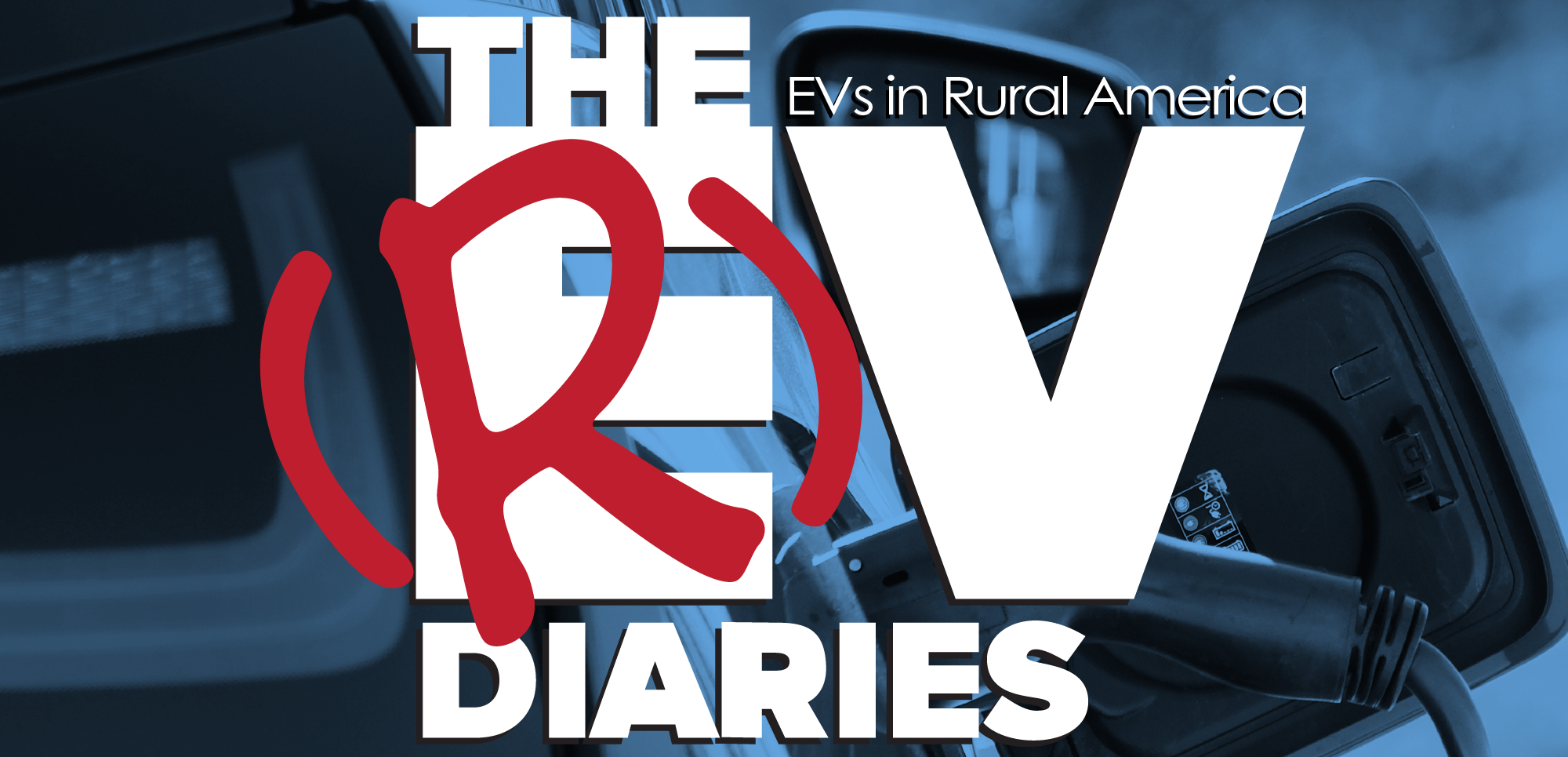Patience is Cumbersome.
That pretty much sums up this entire episode in three words. As we resume our discussion of the road trip recently taken by the Secretary of Energy, Jennifer Granholm, the author of the NPR article, Camila Domonoske, makes her arguments for why non-Tesla EVs have a “road trip problem”.
First, she sees planning a road trip as cumbersome. Second, there is a lack of infrastructure, which contributes to the first point. Third, the chargers are not fast enough. And finally, the charging infrastructure is unreliable.
She’s not wrong, but there are several things to consider. We are in the infancy of EV adoption. It seems like we are farther along, but realistically, we are just a toddler attempting the first steps of a marathon long course. JD Powers says that worry about public charging is the number one reason people are hesitant to change to electric. It is a concern, but remember 90% of charging is done at home.
But Ms. Domonoske’s points are valid. We want to go when we want to go and we don’t want anything to slow us down. Look at it this way, walking requires rest breaks, horses need water, cars need to refuel, and EVs will need to charge. As technology advances, this argument will become smaller and smaller, but all forms of travel require us to interrupt our journey at some point. There aren’t enough fast, reliable charging ports available, but that is why there is such a push to build the infrastructure to support a mass fleet of EVs.
The bottom line is this is a process and it requires patience. “Patience is when you’re supposed to be mad, but you choose to understand.” I don’t know who said it, but no truer words have been spoken.
Podcast: Play in new window | Download
Subscribe: RSS
